Plastic Recycler goes Greener by swapping to AC Drives
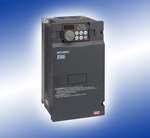
Maintenance costs have been reduced significantly at a plastic recycling plant by replacing the DC drive on the critically important compounder with a variable speed AC system. The state of the art recycling plant, opened in 2004, converts discarded plastic into high density polyethylene pellets, which are used for manufacturing a range of heavy duty products such as civil engineering pipes, marine buoys, equipment for the agricultural and construction sectors and artificial grass.
The motor driving the main compounder, like all DC motors, required regular maintenance for brush wear and refurbishment of the armature. This proved to be a major task that was also disruptive to production, so the site engineers decided to explore possibilities for switching to a brushless AC motor and asked Newton Tesla (Electric Drives) for some specialist support. This Warrington-based company specialises in supplying large drive packages, usually up to 1,000kW and based on an AC motor and inverter to give variable speed capability.
Newton Tesla engineers developed a proposal that would provide the necessary low speed torque operating characteristic, while the robust reliability reduced the regular maintenance requirement.
“We included a Mitsubishi inverter in the design, as this would contribute to a substantial reduction in power consumption and would further enhance the environmental credentials of the recycling plant,” recalls George Newton, managing director of the drives engineering company. “And of course there were significantly reduced energy bills as well as the maintenance savings.”
George recalls that traditionally DC solutions were used for low speed applications, such as compounders and extruders, but as inverter technology has developed AC has moved more and more into favour.
“The AC drive package we proposed would require no ongoing maintenance work other than routine bearing lubrication.”
George paired a 400kW 6 pole motor with an 866Amp inverter as the core of the drive system, the latter being a 740 series Mitsubishi Electric variable frequency unit.
The 740 inverters are often referred to as ‘pump and fan drives’, as this is a major application area for them. However they are equally appropriate for other duties, where their ability to enhance the energy balance of the driven machine can generate energy savings of 60 percent or more.
“If there is a volumetric flow involved – of air, gas, liquid or molten plastic – energy savings are proportional to the cube of the difference between operating speed and maximum speed,” George explains. “A compounder or extruder runs way below its maximum speed the vast majority of the time, so to the energy savings are considerable.”
Additional savings are made possible by Mitsubishi Electric's innovative Optimum Excitation Control technology. This system ensures that the optimum magnetic flux is always applied to the motor, thus reducing losses. The result is maximum utilisation of motor capacity at maximum efficiency.
“Energy prices have gone up and up in recent years and are expected to continue to do so. Any plant operator still using DC drives is well-advised to think about swapping to an inverter-fed AC solution,” advises George. “This will produce immediate saving in power bills, reduce maintenance and can be integrated with plant-wide energy management controls systems.”
Similar articles
More from Mitsubishi
- Want a robot but don’t know where to start? 11th June 2021
- A pizza challenge for Control Freaks 22nd April 2021
- Competitive factories need to leverage the power of data 15th April 2021
- Combining user-friendliness with high performance 16th March 2021

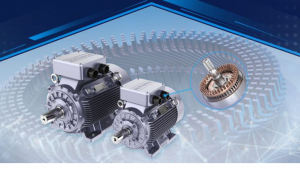
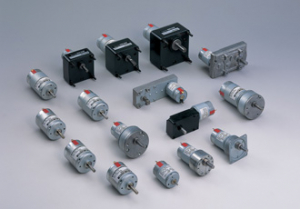
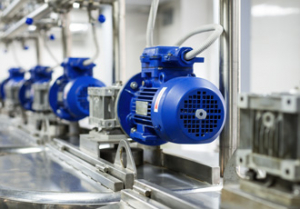
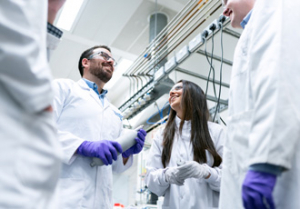







Write a comment
No comments